Recent reporting highlights concerning news that children today head to the kindergarten classroom without the essential skills they need to succeed. Some blame the recent COVID pandemic, while others point to the growing popularity of screen time for little ones. Yet others question today's academic standards for kindergarteners.

The issues related to kindergarten readiness and skills are many and complex. As a mom of a kindergartener myself, this topic hits close to home. Headlines about kindergarten awaken worries and questions for parents. To learn more, I spoke with Ivonna Granda, who goes by Ms. G. She will begin her 21st year of teaching kindergarten in New York City this August. Granda offered insights on what she's noticed and helpful tips on how parents can tip their kids for kindergarten.
Are Today's Children Behind on Kindergarten Skills?
In the summer of 2024, Education Week reported that incoming kindergarteners struggled with skills like listening, sharing, and using scissors. This year, similar concerns are cropping up. EdSurge reported that today's kindergarteners have shorter attention spans.
One educator in Pennsylvania explained that children may know letters and numbers from learning apps they play on smartphones and tablets. But they lack the fine motor skills and hand strength to write letters using a pencil.
Ms. G has also noticed this trend in kindergarten readiness. "I do see that children entering kindergarten have had more issues with fine more skills. Some students can’t hold a pencil correctly or have a hard time drawing simple pictures."
Sometimes, students simply need the chance to build these skills. "Before having a child referred for occupational therapy, I try to provide remediation through special materials they can use to strengthen hand muscles and practice skills," Ms. G explained.
Many of these deficits could be explained by increased screen time or struggles lingering from COVID. Another theory is that expectations are changing.
Kindergarten Skills of the Past
In 2107, a Facebook Post by Creative Child Magazine featured a 1954 kindergarten report, sharing a student's progress at the end of the year. The simple list is a stark contrast to today's Common Core Standards for kindergarteners.

The list highlights basic skills over academics. These kindergarten skills of the past emphasize social skills and also seem to leave plenty of space for playing.
You don't have to go back to the 1950s to see a change in expectations for kindergarteners, with increased focus on reading and writing. Even in the last number of years, Ms. G has noticed a shift. "We are asking a lot more from four and five-year-olds than we did in the past years, and this can result in them having a harder time self-regulating emotions and following routines and rules."
Specifically, she says, "We are asking them to sit for longer periods of time. We are asking them to take more tests." While Ms. G. tries to compensate by offering playtime, it can be tough to balance.
What Do Kids Learn in Kindergarten? Today's Standards
Common Core Standards guide curriculum for kindergarten teachers across the country. The list is much longer than the 1950s report listed above. The standards are divided into three main areas, including English Language Arts (ELA), Math, and Science.
The list is long and includes knowing letter sounds, reading skills, counting to 100, and other math concepts, and even sections on physics, engineering, and the environment.
Language skills go beyond letter recognition and include learning to read sight words, sounding out words phonetically, and even demonstrating an understanding of capitalization rules.
Each state and school may use different curricula and approaches to achieve these goals. However, the goals are the same across all states that use Common Core.
Many teachers question whether these standards are appropriate for 5-year-olds. According to research, their concerns are valid. One study showed that learning to read early (around age 5) doesn't offer children advantages when compared to those who learned to read at age 7. In fact, later readers later demonstrated better reading comprehension at age 10 than those who learned earlier.
Kindergarten...the New First Grade
A 2016 study published by the American Educational Research Association asked this question: "Is kindergarten the new first grade?" The study compared kindergarten skill expectations and instruction time in 1998 and 2010. Overwhelmingly, kindergarten teachers in 2010 were likely to believe that incoming students should start learning at home before starting school.
The study also showed that teachers in 2010 were twice as likely to believe students should know how to read by the end of the year. Plus, teachers spent more instruction time focused on literacy and math in 2010 than in 1998. In conclusion, kindergarten today looks like the first grade of the past.
Kindergarten Skills: Are They Developmentally Appropriate?
Psychologist Peter Gray believes the new kindergarten standards are harming children and may even be cruel, as he wrote in a 2024 Substack post. Gray cited a teacher who lamented, "the people who wrote it [Common Core] thought that they could legislate quicker child development."
Gray believes that today's kindergarten standards have sacrificed play for academics. Instead of learning through independent play, children are stifled by early academics.
"Children are designed to learn in play. Children learn all kinds of skills in play, social skills, emotional skills. They learn how to build things. They learn how to solve problems," Gray said in a recent episode of Harvard's Edcast.
He backs up this claim with research studies. Several studies show that starting academics early backfires. These studies compared students in play-based kindergarten to students who attended an academically-focused program. Although the students in the academic program showed initial gains, by the time they reached fourth grade, they performed worse than their peers who had attended the play-based program.

Changing Kindergarten Skills: From Readiness to Expectations
Two things may be true: today's entering kindergarteners may be lacking in some skills, and the expectations have changed. Unfortunately, if soon-to-be kindergarteners need more in areas such as fine motor skills and emotional skills, play would be the obvious solution. Many kindergarten teachers know this and do their best to implement play in their classrooms.
Ms. G supports children in her classroom. "I try to make sure that there are a lot of moments of social-emotional practice and play in my classroom," she says. She also uses traditional kindergarten activities like singing songs and reading books to support learning.
Kindergarten Prep Tips from Teachers
Parents can also play an important role in helping their children succeed in kindergarten. Ms. G says parents can start by teaching their child letter sounds and names. She also recommends giving children the opportunity to draw. "Children begin writing through drawing, so having their child draw out stories in a journal can give them a jump start," she explained.
Most importantly, Ms. G says that parents should aim to have a communicative and cooperative relationship with their child's teacher. "A partnership between the parents and teacher is the most important element for student success," she asserts.
Beyond that, many kindergarten teachers agree that parents should simply practice everyday activities like eating independently or tying their shoes. Kindergarten teacher, Ms. Piasecki recommends parents work on the following kindergarten readiness checklist:
- Opening snack containers
- Putting on shoes
- Using the bathroom independently
- Playing nicely with others
- Taking turns (board games are great for practicing this skill!)
- Using words to express feelings
- Listening to books and stories
Even having your child help you do chores around the house can build their fine motor skills, confidence, and vocabulary.
Want more kindergarten skills to practice? Read more tips and recommendations from teachers on kindergarten readiness.
Kindergarten Skills: It's Not a Competition
As a mom of a soon-to-be first grader, I know it's easy to feel anxious about your child's kindergarten skills. Are they on the right track? How do they compare to other students? But your child's development is not a competition.
At this tender young age, it's important to let kids be kids. Giving children free time for play is important for building skills that serve them later, academically. Plus, unscheduled free time is essential for your young child's mental health.
If you do want to practice skills, you can support your kindergartener's learning with engaging, hands-on activities that foster their curiosity and love of learning. For example, try our list of educational screen-free activities or teach your child to write the Montessori way. Before you know it, they'll have mastered kindergarten skills and be on to the next grade level.


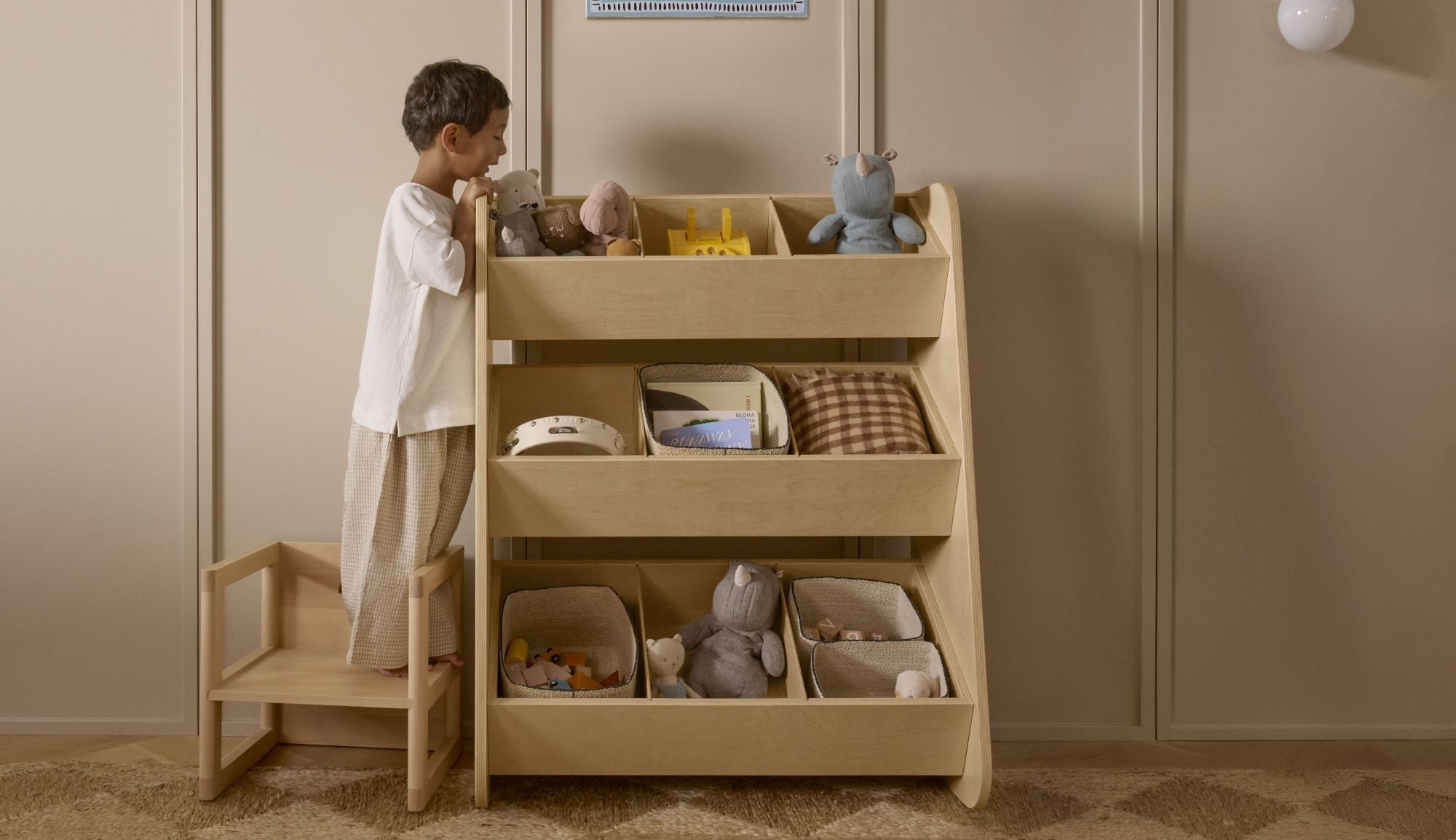

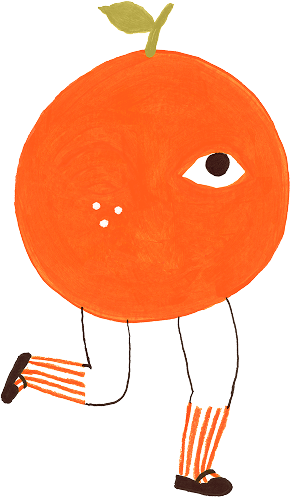
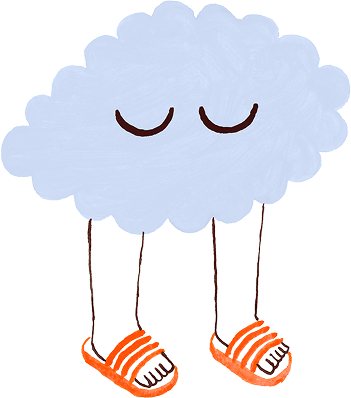
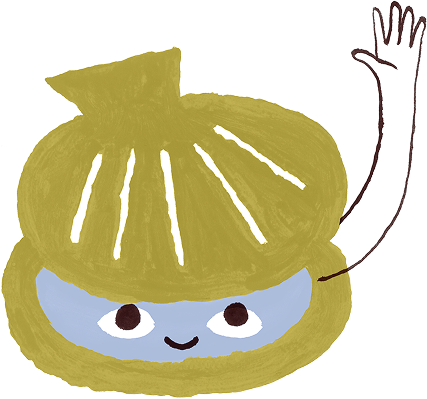
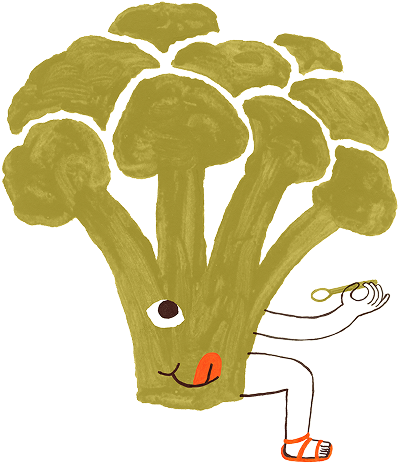
Leave a comment
This site is protected by hCaptcha and the hCaptcha Privacy Policy and Terms of Service apply.